Following the 1991 uprising of the Iraqi people against Saddam Hussein in Gulf war , many Kurds were forced to flee the country to become refugees in bordering regions of Iran and Turkey. A northern no-fly zone was established following the First Gulf War in 1991 to facilitate the return of Kurdish refugees. As Kurds continued to fight government troops, Iraqi forces finally left Kurdistan in October 1991, leaving the region to function de facto independently; however, Iraqi Kurdistan continues to view itself as an integral part of a united Iraq but one in which it administers its own affairs.
The three governorates of Duhok, Erbil (Hawler) and Sulaimani comprise around 40,000 square kilometers and have a population of around 5 million.Disputes remain between the central Iraqi government and the Kurdish government about predominantly Kurdish territories outside the current borders of Iraqi Kurdistan. there are also issues of Kurdish disputed "sliced off" areas that was done by Saddam between Erbil and Baghdad weather they are to annex back to KRG or stay as they are.
KAR (Kurdistan autonomous region)

those disputed blocs colored in blue are all kurdish cities and 90% of their residents are kurds but were isolated from Kurdistan by Saddam for their oil reserves
KRG (kurdistan regional government)

Tourism
even though Kurdistan is located in the middle east but it has mountainous and beautiful landscapes with waterfalls every where and NY times has listed it amongst other 41 places in the world to visit in 2011.
Underground resources
KRG-controlled parts of Iraqi Kurdistan are estimated to contain around 45 billion barrels (7.2×10^9 m3) of oil, making it the sixth largest reserve in the world and 200.83 Trillion Cubic Meters of Gas. Extraction of these reserves began in 2007. As of July 2007, the Kurdish government solicited foreign companies to invest in 40 new oil sites, with the hope of increasing regional oil production over the following 5 years by a factor of five, to about 1 million barrels per day (160,000 m3/d).Gas and associated gas reserves are in excess of 200 TCF.
Other underground resources that exist in significant quantities in the region include coal, copper, gold, iron, limestone (which is used to produce cement), marble, and zinc. The world's largest deposit of rock sulfur is located just southwest of Erbil (Hewlêr).
Not a single American soldier been killed in Kurdistan since the 2003 invasion of Iraq as Saddam wasn't even in our region since 1991 . the Kurdish forces severely control the borders with surrounding countries and prevent trespassing of terrorist into the region even from the rest of iraq. the US army are also providing the Kurdish army (peshmerga) with advanced weapons and trainings
*************************************************************************************************************************



















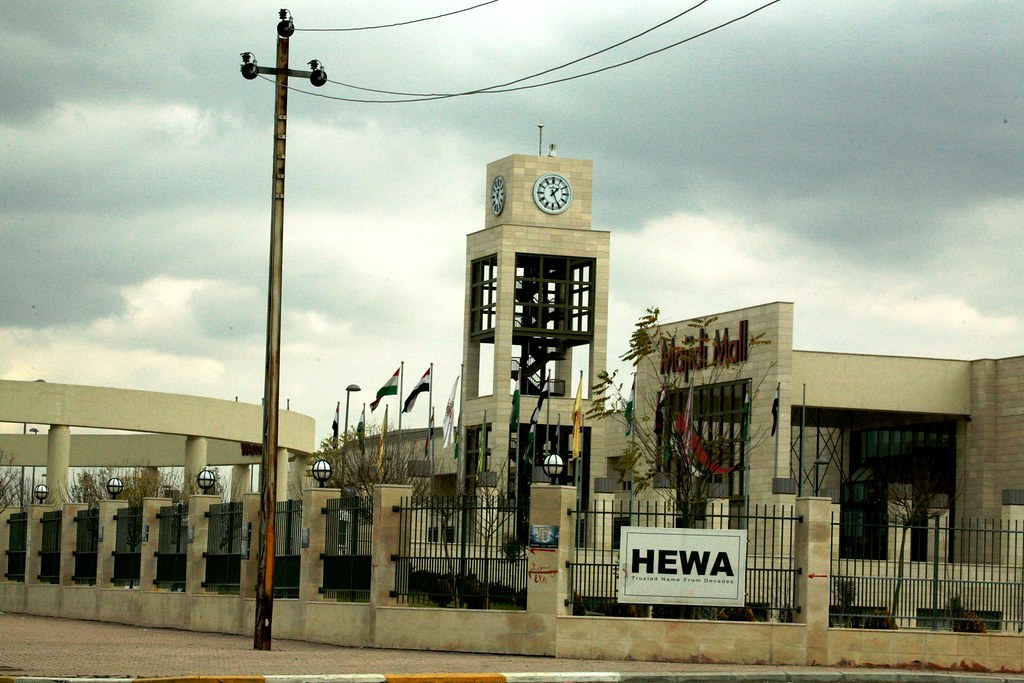



























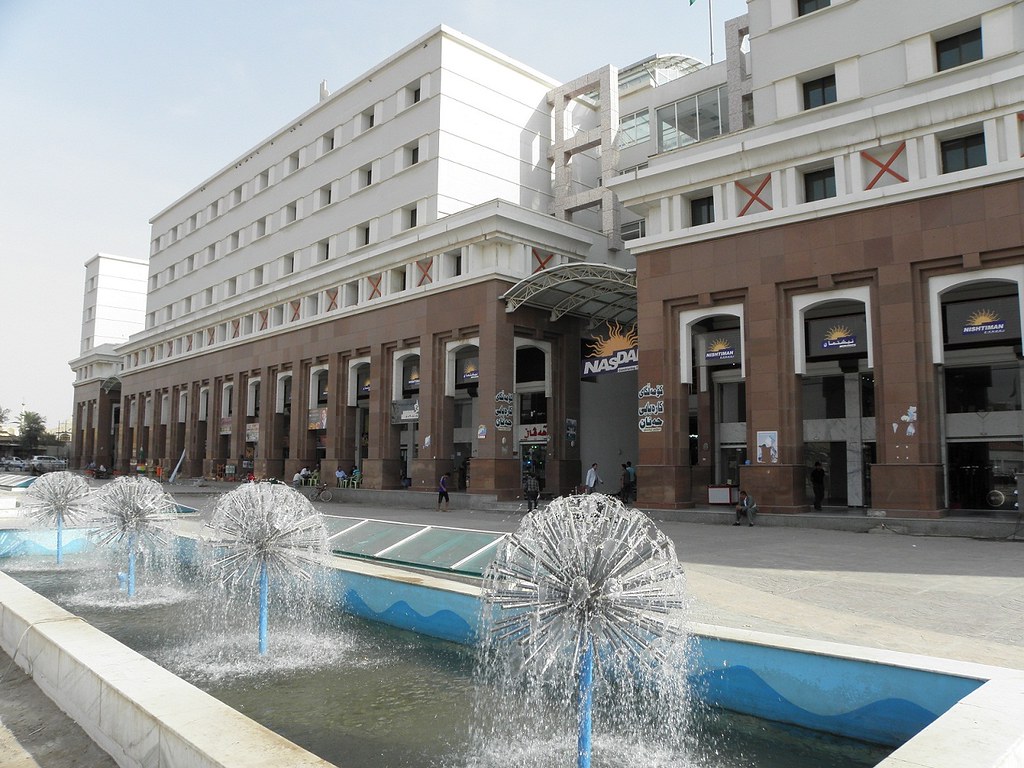

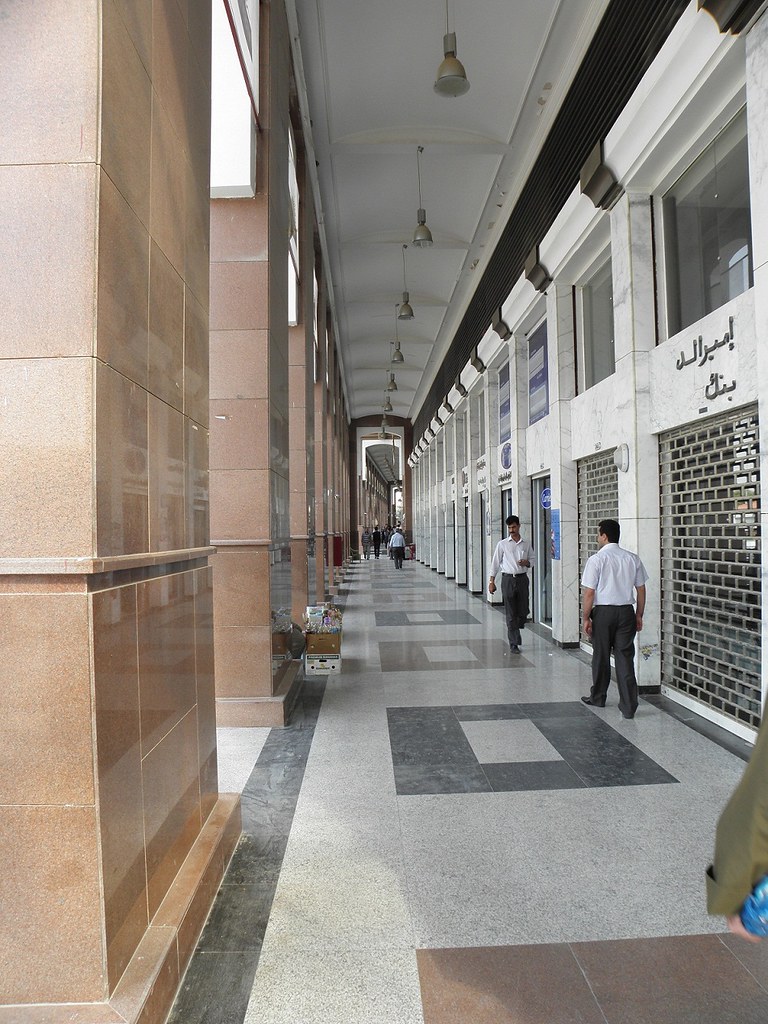
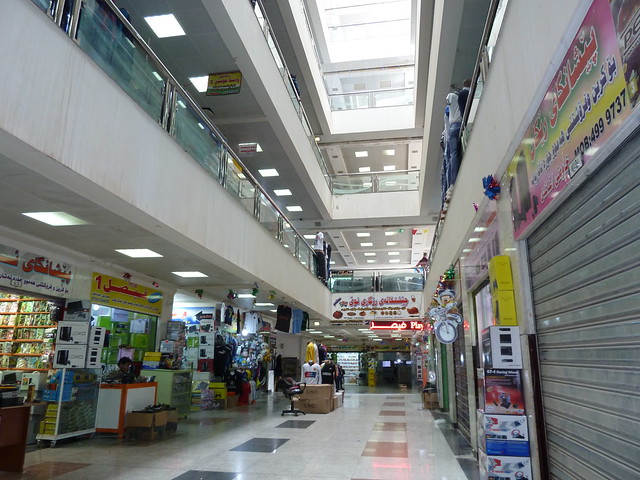




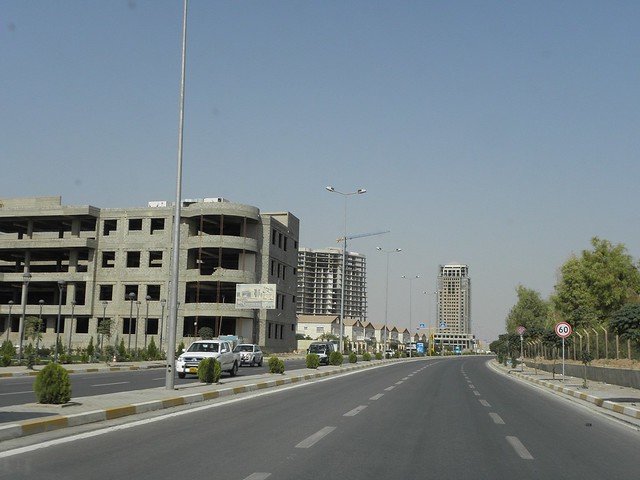



.jpg)






/ShaqlawaCableCar/st0012.jpg)

/ShaqlawaCableCar/st0009.jpg)
/ShaqlawaCableCar/st0013.jpg)
/ShaqlawaCableCar/st0007.jpg)









